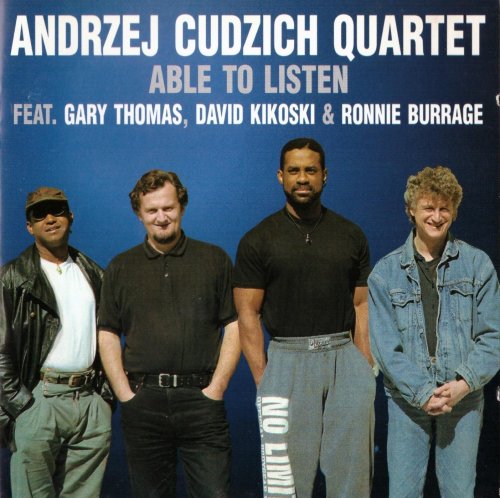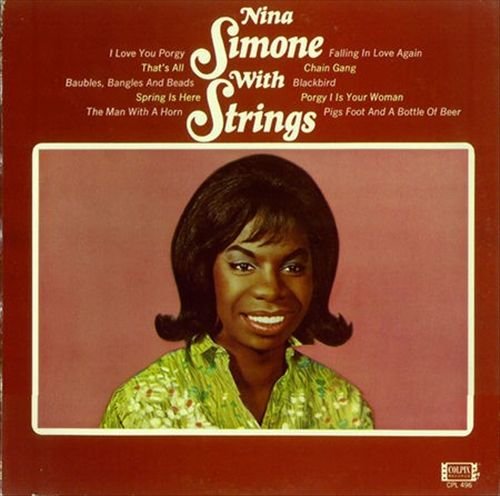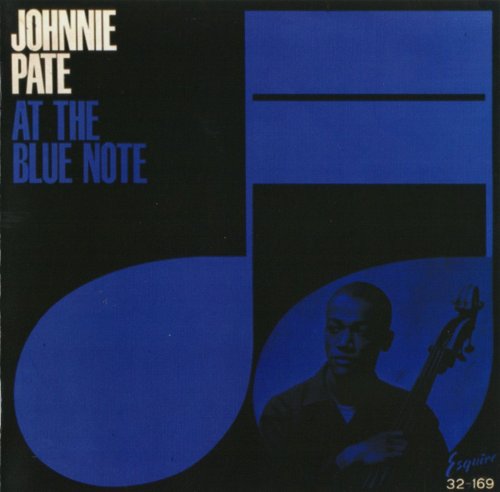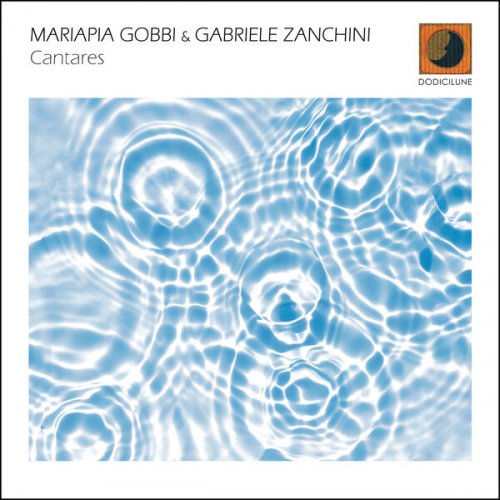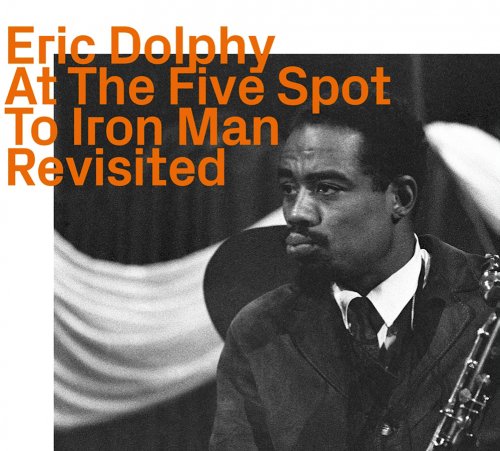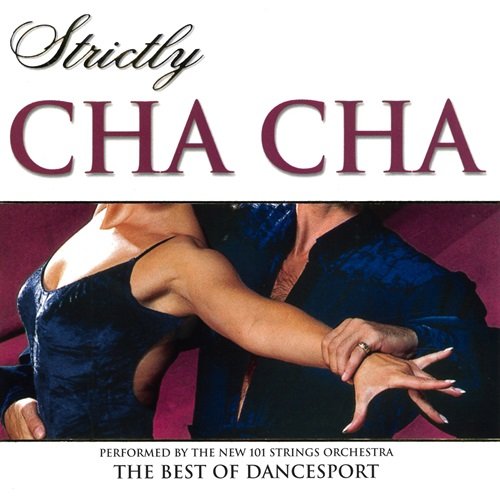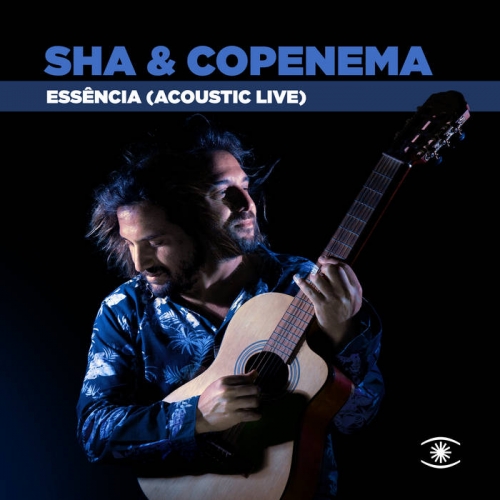Huelgas Ensemble - The Ear of the Huguenots (2017) [Hi-Res]
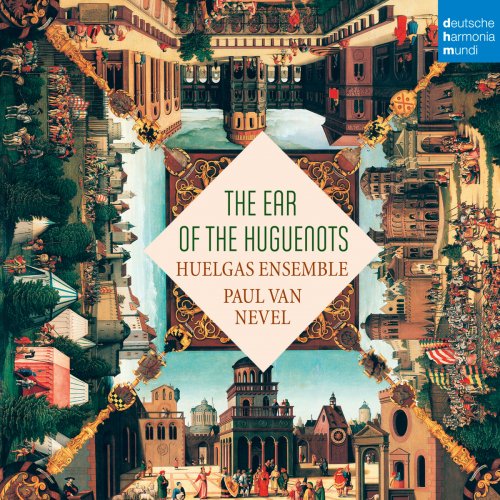
Artist: Huelgas Ensemble
Title: The Ear of the Huguenots
Year Of Release: 2017
Label: deutsche harmonia mundi
Genre: Classical
Quality: flac lossless / flac 24bits - 96.0kHz
Total Time: 01:05:07
Total Size: 283 mb / 1.10 gb
WebSite: Album Preview
TracklistTitle: The Ear of the Huguenots
Year Of Release: 2017
Label: deutsche harmonia mundi
Genre: Classical
Quality: flac lossless / flac 24bits - 96.0kHz
Total Time: 01:05:07
Total Size: 283 mb / 1.10 gb
WebSite: Album Preview
---------
01. Dieu Nous Soit Doux Et Favorable (Psaume Lxvii À 4)
02. Dieu Nous Soit Doux Et Favorable (Psaume Lxvii À 3)
03. Pardon et justice il me plaît de chanter (Psaume CI à 4)
04. Chi vol seguir la guerra (Lauda à 3)
05. Gia fu presa da te (Lauda à 4)
06. Missa Ut re mi fa sol la: Agnus Dei (à 6 & 7)
07. Peccantem me quotidie (Motet à 4)
08. Le monde un jour contre Vertu faché (Chanson à 4)
09. Stellata coeli (Psaume XV à 8)
10. Noblesse gist au coeur du vertueux (Chanson à 4)
11. Cigne je suis de candeur (Chanson en vers mesurés à 3 & 5)
12. Povre coeur entourné (Chanson à 5)
The Huelgas Ensemble, directed by its founder Paul van Nevel, began as the result of a previous generation's work in early music performance, led by, among others, Thomas Binkley and David Munrow. Remarkably, after more than 30 years, the ensemble retains a sense of excitement, innovation and discovery, long after the mass recording industry and the new age movement co-opted the esoteric sounds of the Middle Ages and Renaissance. When van Nevel, active at the Schola Cantorum Basilensis, founded the ensemble in 1971, a rediscovered instrumentarium of cornettos, sackbuts, recorders, and crumhorns were being jubilantly applied to early music performances. The Huelgas Ensemble then sat at the center of the movement toward "authentic" performance practices, and its interpretations were strongly influential. As the scholarly and performative norms for Medieval music have changed, so has the sound of Huelgas, most prominently depicted in its increased vocalizations. But the ensemble has retained a mantle of eccentricity and innovation.
Nearly every aspect of director van Nevel's performances has been subject to experimentation over his career. From the group's inception, reliable and evocative ornamentation was a goal for both instrumentalists and singers. The ensemble constantly upsets expectations through scoring and orchestration. A 1994 program of Music for King Janus of Nicosia presents some pieces at half or less the expected tempo, losing the text, but richly extending the pungency of dissonances. In the same year, Huelgas released a recording of the Lassus Lagrime di San Pietro juxtaposed with a performance by an all-vocal ensemble led by Philippe Herreweghe. A 1999 recording dedicated to Alexander Agricola includes some striking chromatic manipulations of the so-called "Secret Chromatic Art." At all times, Paul van Nevel's approach to his repertory has been fearlessly innovative, despite criticism both from scholars and from other performers.
Another area of van Nevel's musical boldness, that of musical repertory, has been perhaps the ensemble's greatest contribution to our musical world. The director's scholarly interests lead him toward little-known manuscripts - the Turin manuscript (1985), the Naples collection of L'Homme Armé Masses (1990), the Huelgas Codex (1999) - and less-appreciated composers - Gombert (1993), Constanzo Festa (1994), Mattheus Pipelare (1996), Pierre de Manchicourt (1998), Matteo da Perugia (1998), and Alexander Agricola (1999). The Huelgas Ensemble brought out the only "complete works" recording of Johannes Ciconia as early as 1982, has given world-premiere recording of the Brumel "Earthquake" Mass, and undertook a fascinating collaboration with the Portuguese singers of Fado called Tears of Lisbon. In each case, the lively and compelling performances have stretched musical boundaries.
